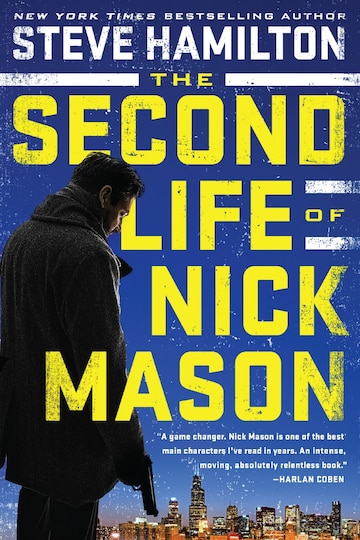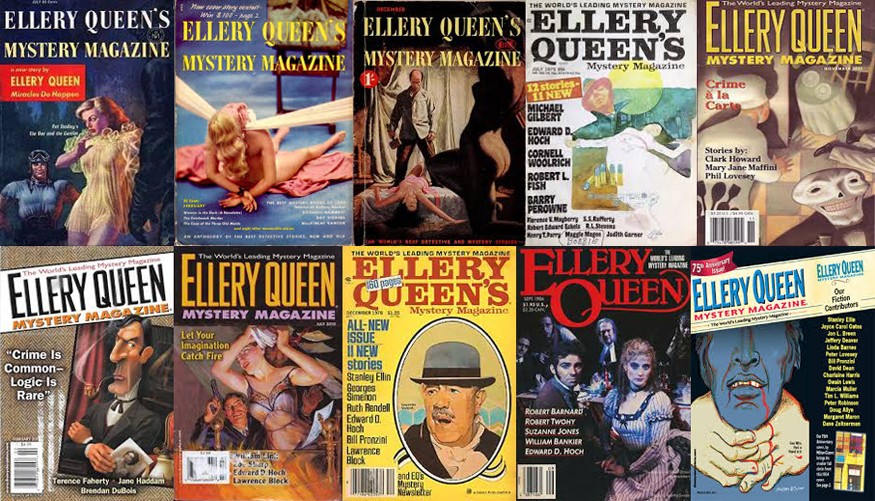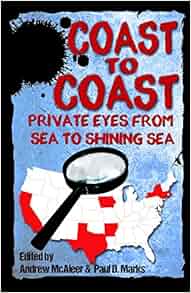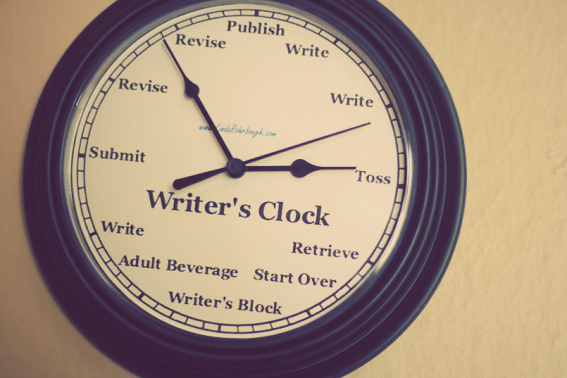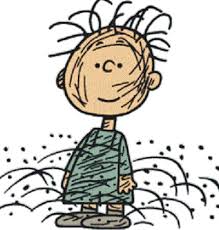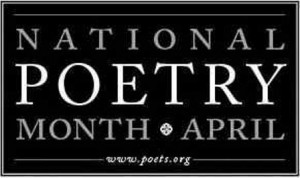Not that it matters, but my post today involves one of the many subjects that Bonnie and I often discussed…
I've always loved movies. I grew up in a town too small to have a traffic light, much less a theatre (actually it did have a rickety wooden building that screened what my granddad called "serials," with John Wayne and Tom Mix, but it burned down when I was four or five), so the first cinematic experiences I really remember are the movies my parents or my older cousins took me to in our two nearest "cities," one seven miles west and the other twelve miles east. I can still recall the names of some of those thrilling adventures: The Missouri Traveler, Operation Mad Ball, Old Yeller, Fire Down Below, Calamity Jane, The Seven Year Itch, The Lion and the Horse, Bend of the River, and so on. Later, I devoured movies at every opportunity, in high school, college, and the Air Force, and since by that time I could also see them regularly on TV, I furthered my addiction at home, late at night. Even now, I spend way too much time in front of either the big or small screen (mostly small, via Netflix, Apple TV, and Amazon Prime Video). I'm hooked--what can I say?
A couple of weeks ago I watched two films I'd somehow never gotten around to seeing: Waterloo Bridge (recommended by Paul Marks) and In a Lonely Place. I liked them both. I've also recently re-watched familiar favorites like L. A. Confidential, Apocalypse Now, The Big Country, Raising Arizona, and Aliens. And, in so doing, it occurred to me that most people's favorite films are probably those that are well-known: the Citizen Kanes, Godfathers, Chinatowns, Casablancas, Fargos, Vertigos, etc. They're great movies, yes, but they're supposed to be. They're classics.
What I especially enjoy, though, is to "discover," either by accident or through the recommendations of friends (thanks again, Paul!), good movies that I've not heard about, or that I didn't think I would like. The following is a list of a round 100 of those "pleasant surprises." Most are those that you might find in the six-foot-diameter, three-to-five-dollar DVD bin at Walmart, but I liked 'em all. And yes, I know I wrote a similar column about guilty-pleasure movies earlier this year, and this list recycles some of those--but more than half of these are new entries. (I've dug through a great many of those discount bins since then.)
Anyhow, if you're ever stuck for something new to watch, give one of these lesser-known gems a try:
From Noon to Three (1976)
The Rocketeer (1991)
Sands of the Kalahari (1965)
Park (2006)
Born Losers (1967)
Magic (1978)
A Family Thing (1996)
The Hanging Tree (1959)
Melancholia (2011)
Used Cars (1980)
Someone to Watch Over Me (1987)
The Gypsy Moths (1969)
I Don't Feel at Home in This World Anymore (2017)
Duck, You Sucker (1971)
The Last Sunset (1961)
The Dish (2000)
Miss Pettigrew Lives for a Day (2007)
Waterhole #3 (1967)
Proof (2005)
The Ballad of Cable Hogue (1970)
The Spanish Prisoner (1997)
 Ghost World (2001)
Ghost World (2001)Remo Willians--the Adventure Begins (1985)
Dead Men Don't Wear Plaid (1982)
The Professionals (1966)
Dillinger (1973)
A History of Violence (2005)
Cloverfield Lane (2015)
In Bruge (2008)
Vanishing Point (1971)
What's Up, Doc? (1972)
The Long Kiss Goodnight (1996)
Island in the Sky (1953)
Good Neighbor Sam (1964)
Pawn Shop Chronicles (2013)
Jeremiah Johnson (1972)
Jack the Giant Slayer (2013)
Cashback (2006)
Copland (1997)
The Ghost and the Darkness (1996)
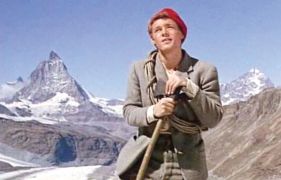 Lockout (2012)
Lockout (2012)Bubba Ho-Tep (2002)
The Mothman Prophecies (2002)
Red Rock West (1993)
An Unfinished Life (2005)
Edge of Darkness (2010)
Third Man on the Mountain (1959)
Assault on Precinct 13 (2005)
Game Change (2012)
A Life Less Ordinary (1997)
Killer Joe (2011)
Idiocracy (2006)
Nebraska (2013)
What About Bob? (1991)
Mystery Road (2013)
Frequency (2000)
Big (1988)
 The Sea of Trees (2015)
The Sea of Trees (2015)Leap of Faith (1992)
The Dead Zone (1983)
The Mexican (2001)
The Great Train Robbery (1979)
Peggy Sue Got Married (1986)
Across the Universe (2007)
The History of the World, Part I (1981)
Brassed Off (1996)
Lady in the Water (2006)
Top Secret! (1984)
Ransom (1996)
While You Were Sleeping (1995)
16 Blocks (2006)
Before the Devil Knows You're Dead (2007)
The Cooler (2003)
Seven Men From Now (1956)
Hidalgo (2004)
The Book of Eli (2010)
True Romance (1993)
Joe Versus the Volcano (1990)
Always (1989)
Heaven's Prisoners (1996)
Zathura: A Space Adventure (2005)
Manhunter (1986)
Planes, Trains, and Automobiles (1987)
Secondhand Lions (2003)
Nobody's Fool (1994)
Dead Again (1991)
Will Penny (1967)
Stranger Than Fiction (2006)
Nevada Smith (1966)
Necessary Roughness (1991)
Bone Tomahawk (2015)
The Edge (1997)
A Big Hand for the Little Lady (1966)
Rustler's Rhapsody (1985)
The Great Race (1965)
Undercover Brother (2002)
The Salvation (2014)
The Flim-Flam Man (1967)
Stripes (1981)
If you've heard of some of these, I'm pleased--not many are instantly recognizable. But I think they're worth your while. Some have won awards, many are technically excellent, and a few will make you laugh or cry. If you do watch any of them on my recommendation and they make you laugh or cry for the wrong reasons (believe me, I've seen a lot of those, too), I apologize. My taste is sometimes a little weird.
Here's the question of the day: Do you have any obscure favorites you can point me to? I received a lot of great suggestions from your comments, last time.
My Netflix queue awaits your replies…












